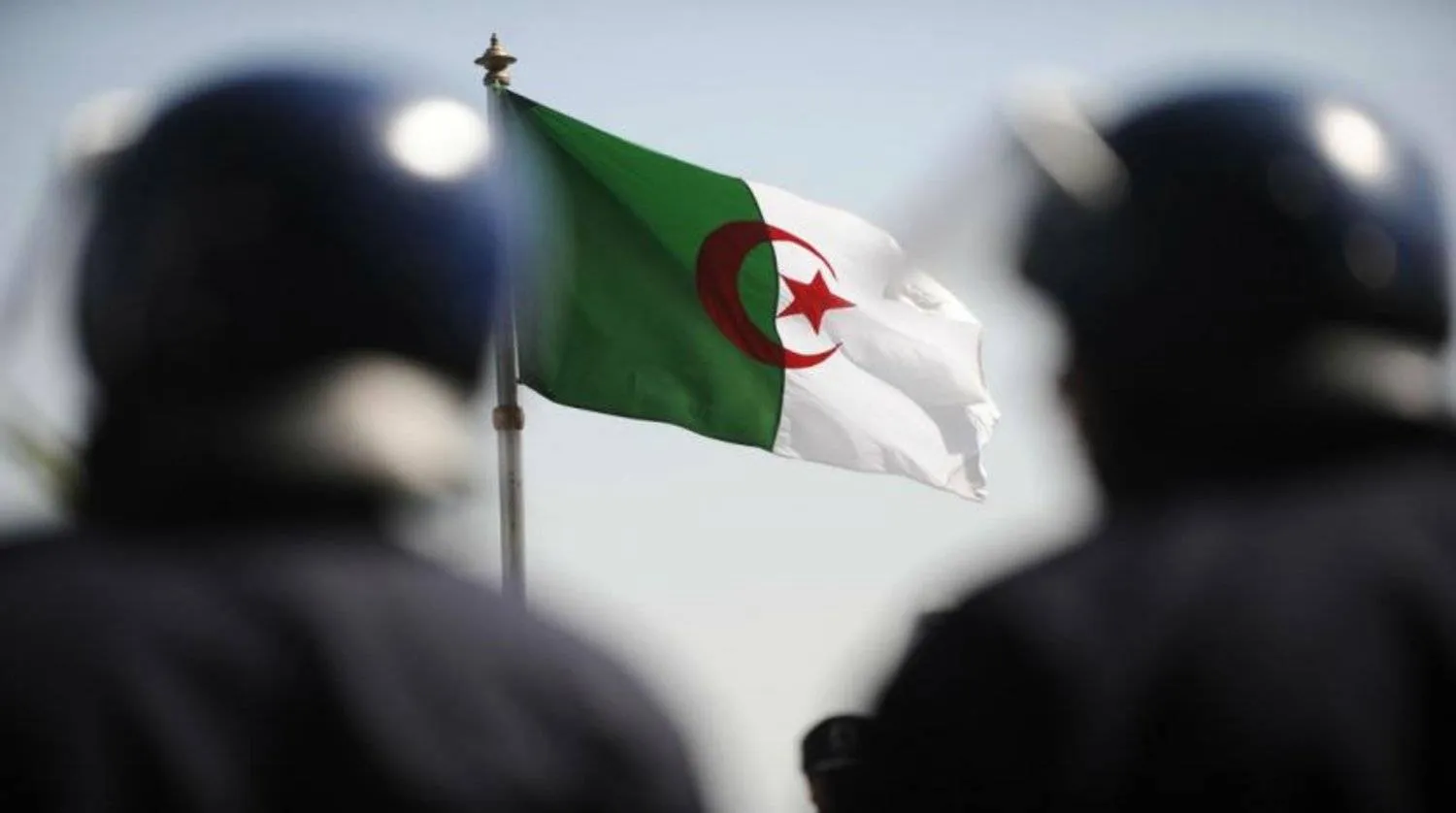Prominent Algerian media boss Ihsane El Kadi was freed under presidential pardon Friday on the occasion of the 70th anniversary of the independence war with France, lawyers said.
Also granted pardons were several activists from the pro-democracy Hirak movement.
El Kadi, 65, who heads Interface Medias which includes the Maghreb Emergent news website and Radio M, was jailed for seven years in June 2023.
The sentence came after he had appealed an initial five-year sentence for "foreign financing of his business".
His lawyer Noureddine Ahmine posted on Facebook: "What joy! Ihsane El Kadi is free!" alongside a picture of the freed man at home with his family.
Another lawyer, Nabila Smail, posted: "At last Ihsane El Kadi is back home with his loved ones. Freed on November 1. The end of a nightmare."
Seven years is the maximum penalty under an article in Algeria's penal code which criminalizes anyone who receives "funds, a grant or otherwise... to carry out acts capable of undermining state security".
His lawyers argued that funds had been sent by his London-based daughter Tin Hinane, a shareholder in his media group, to settle debts, AFP reported.
El Kadi's arrest sparked a wave of solidarity among his colleagues and rights activists in both Algeria and Europe.
A Reporters Without Borders (RSF) rights group petition attracted more than 10,000 signatures.
RSF on Friday expressed "immense relief" at El Kadi's release, saying it hoped this would "also signal a lifting of restrictions on press freedom".
Algeria ranks 139th out of 180 countries and territories on RSF's 2024 World Press Freedom Index -- three places lower than the previous year.
President Abdelmadjid Tebboune signed two decrees pardoning more than 4,000 detainees to mark the anniversary of the 1956-1962 conflict that led to the North African country's independence.
Among the 2019 Hirak movement prisoners freed was Mohamed Tadjadit, 29, dubbed the "poet of the Hirak" for his recitations during the mass protests and for his posts on Facebook.
The Hirak movement erupted in February 2019, forcing long-time president Abdelaziz Bouteflika to quit two months later.
Tebboune was elected the following December, and oversaw a crackdown on the protests with ramped-up policing and the imprisonment of demonstrators.
In February, rights group Amnesty International said "Algerian authorities continue to clamp down on the rights to freedom of expression and peaceful assembly", and demanded the release of those arbitrarily detained.









